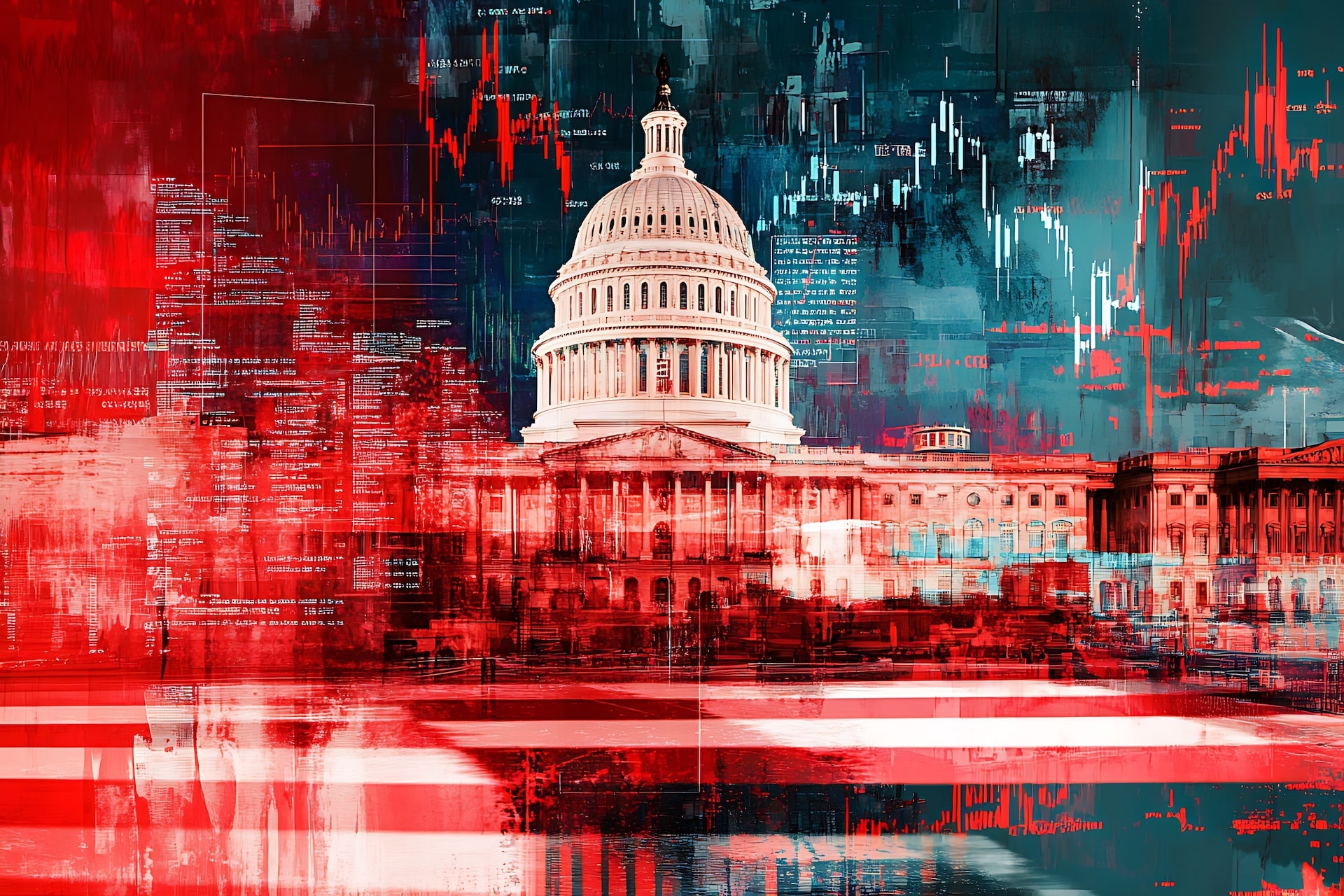Credit Sesame’s personal finance weekly news roundup August 13, 2022. Stories, news, politics and events impacting the personal finance sector during the last week.
- Inflation shows first signs of easing in over two years
- Consumer spending is up and it’s not all inflation
- Inflation Reduction Act clears key Senate hurdle
- Home buying costs may be starting to ease
- Consumers are adjusting after the initial shock of inflation
- Gasoline prices fall for an 8th consecutive week
- Inflation is eating away at household savings
- Mortgage delinquencies reach an all-time low
1. Inflation shows first signs of easing in over two years
The Bureau of Labor Statistics reported that the Consumer Price Index (CPI) was unchanged in July. That marks the first month with no inflation since May of 2020. A leveling off of the CPI marks a sudden slowing of price increases after 1 .3% rise in June. Falling energy prices were a key factor in pausing the inflationary trend. However, the inflation problem is by not means solved just yet. Even with no inflation in July, the CPI is still up by 8.5% over the past year. Also, food prices continue to rise sharply each month, which remains a significant strain on household budgets. See full report from BLS.gov.
2. Consumer spending is up and it’s not all inflation
The Mastercard SpendingPulse report for July showed that consumer spending continued to rise sharply. While inflation is one reason, some of the extra spending is by choice. For example, along with increased spending on fuel, some of the biggest areas of increase over the past couple years have included jewelry, other luxury items and restaurants. Overall retail spending for the twelve months ending July 31 was up by 11.2%. See full article at PYMNTS.com.
3. Inflation Reduction Act clears key Senate hurdle
The Biden Administration’s Inflation Reduction Act narrowly passed in the Senate but is expected to have an easier time in the House of Representatives. Despite the name, the bill is only partially dedicated to easing inflation. Portions of it focus on encouraging non-carbon energy sources and reducing the federal budget deficit. The most direct connection with fighting inflation is the bill’s attempt to rein in pharmaceutical costs. The bill will cap out-of-pocket costs for Medicare prescriptions at $2,000 a year, and give Medicare the ability to negotiate discounts from pharmaceutical companies. See full article at SeekingAlpha.com.
4. Home buying costs may be starting to ease
A combination of a boom in housing prices and a spike in mortgage rates has made it impossible for many Americans to buy a home. While these trends have not returned to previous lows, they have at least eased a little. 30-year mortgage rates dropped below 5% last week for the first time since April. Meanwhile, home prices are starting to fall in some key areas. Higher mortgage rates have taken their toll on home buying demand, while the threat of a recession may be causing the drop in mortgage rates. See full article at Yahoo.com.
5. Consumers are adjusting after the initial shock of inflation
High inflation is still all too present, but consumers expect it to ease going forward. Along with it, they expect the growth in their household spending to start to cool as well. The New York Fed’s Survey of Consumer Expectations measures how consumers’ outlook on the economy changes from month to month. In July, the expectation for inflation over the year ahead dropped from 6.8% to 6.2%. Longer term, consumers expect inflation over the next three years to settle down to an annual rate of 3.2%. Consumers expect their spending to continue to increase, but at a more moderate rate 0f 6.9% over the next year. Two months earlier, the expected spending increase had hit an all-time high of 9.0%. See full release from NewYorkFed.org.
6. Gasoline prices fall for an 8th consecutive week
According to the Energy Information Administration, retail gas prices have now fallen for eight consecutive weeks after peaking in mid-June. The average price at the pump is now $4.151. That’s nearly 19% lower than the recent peak of $5.107%. Since energy costs have been the leading component of the recent inflation surge, falling gas prices may signal that inflation overall has peaked. See full price history from EIA.gov.
7. Inflation is eating away at household savings
A new study found that inflation is taking a big bite out of the money Americans have saved. The New York Life report found that American adults are drawing down savings by an average of $616.73 per month to meet the higher cost of living. The combination of this drain on savings and rising expenses has had a negative effect on retirement outlooks. The portion of Americans who expect to be able to save enough money to last the rest of their lives has dropped by 10 percentage points, from 74% in January to 64% in July. See article at TheStreet.com.
8. Mortgage delinquencies reach an all-time low
While high inflation is causing stress for many consumers, one sign of financial strength is how well home owners are keeping up with their mortgage payments. The Mortgage Bankers Association (MBA) index of the mortgage delinquency rate declined in July to reach the lowest level since the survey began in 1979. That means the percentage of home owners who have become 90 days late on their mortgage payments is the lowest on record. The MBA also reported that new foreclosure activity is also at below-average levels. See full report at MBA.org.




















